Section 1: Let’s Get Down to Business
Partnerships offer tremendous opportunities for students to experience how what they learn in the classroom can actually apply to business needs. Partnerships with the business community can be more than simply having the occasional classroom visitor, event sponsor, or muffin donator for the next Parent Teacher Association (PTA) meeting. Building and transforming business and civic partnerships is an overall strategy that drives a system of change in a community. This system of change combined with a continuous improvement mindset has a long-lasting impact on the community and the students it serves.
Through partnerships, the community seeks to change:
- How business sees its role in high school transformation and builds structures to ensure this role is fulfilled.
- The teacher experience into one that builds on the real world to leverage the power of relevance in the classroom.
- How business supports a student experience that enhances social capital and real world skills.
- How business and education partners build relationships that sustain over time through shared accountability.

Which employers might be available?
Some initial investigation and legwork can help you define your pool of potential employer partners. Find out:
- The names of employers whose organizations and operations relate to your academy’s theme and career pathways.
- The professional and civic organizations in which they participate and whether they are open to participation by educators.
- Whether and how they use social media and which social media channels they use.
- Which business and trade publications, newsletters, social media channels, etc. they might access and read.
- How they get pertinent information about the local community.
- How actively engaged they already are with the community and the school district.
Which employers might make the best partners?
In addition, you will want to think about which employers want to be known for innovation and influence in the education sector. As you look at the pool of prospective partners, consider:
- Who are perceived as the “experimenters” in this employment sector? Put another way, who are usually the most willing to try something new?
- Who are the “influencers” in this employment community — people to whom others listen and turn for advice?
- Are there existing relationships within this community that could be leveraged?
- What types of networking opportunities could be leveraged to spread the word and make connections (conferences, professional associations or organizations, to name a few)?
- Are your prospects already connected with non-profits focused on supporting education? If so, which ones?

